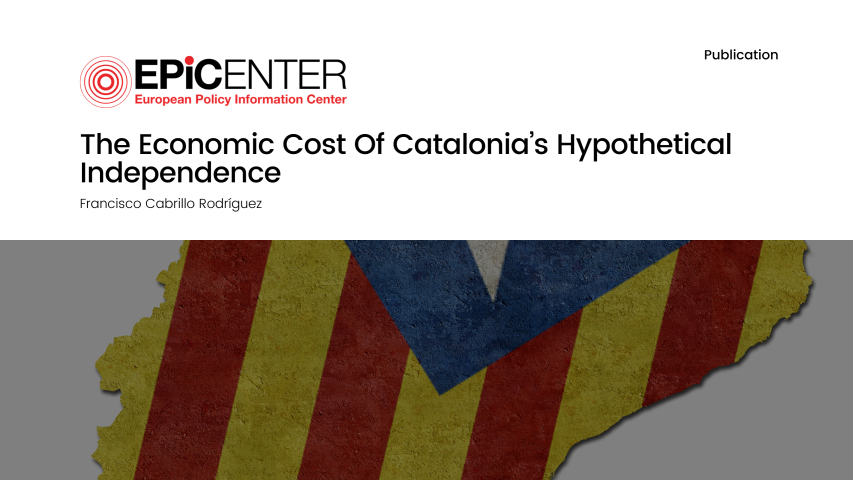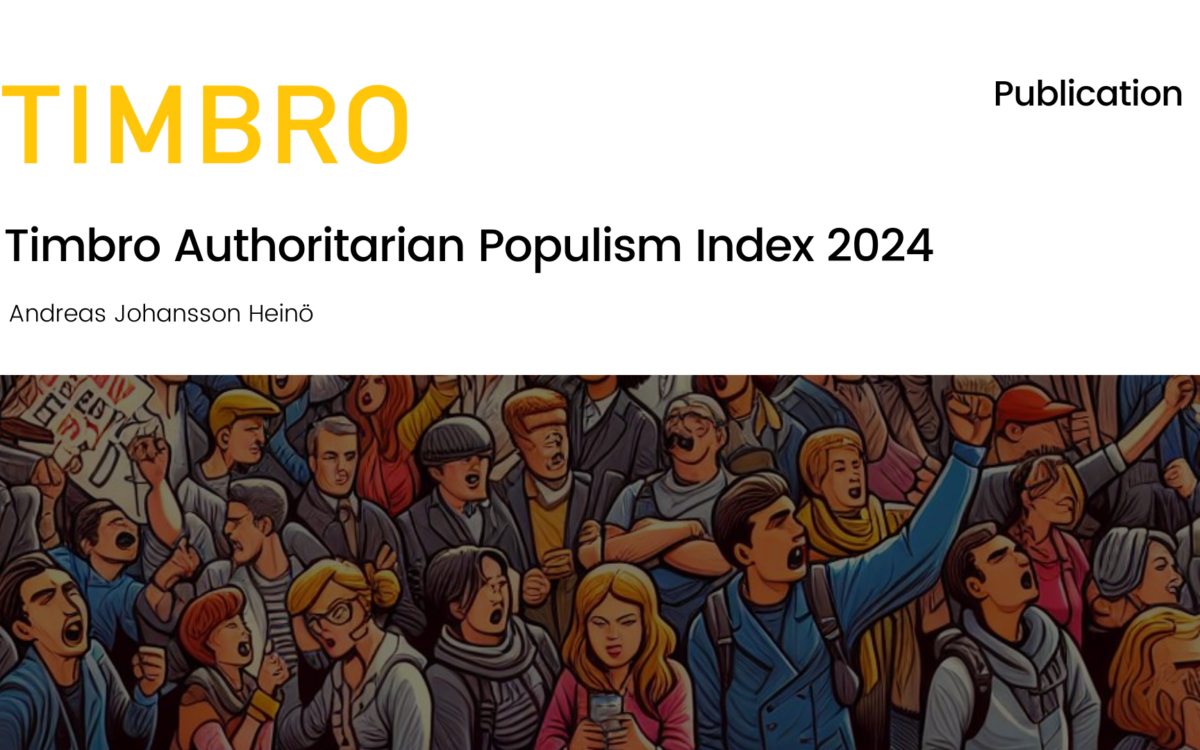The Economic Cost Of Catalonia’s Hypothetical Independence

The Economic Cost Of Catalonia’s Hypothetical Independence
1 February 2021
Since the 2017 constitutional crisis in Catalonia, the momentum to secede from Spain has grown, but the potential economic impact has not been thoroughly assessed. This report outlines the possible economic costs both for Catalonia and the rest of Spain.
This study provides an unbiased economic analysis on the cost of independence which indicates that both the pro-independence and anti-independence campaigns should bear in mind that the price to achieve independence would be high.
The main conclusions of the report include:
- Trade would suffer a notable decline. The ‘border effect’ created by tariff repercussions could make transactions more expensive by up to 15%.
- An independent Catalonia would start off with very high public debt – 112% of its GDP.
- Catalonia would experience a loss of revenue from tourism. Foreign Direct Investment would also decrease, slowing down the inflow of money.
- An independent Catalonian government is likely to believe in greater state interventionism when regulating economic activity.
- Catalonia would have to pay a large amount of money to cover the expenditures now borne by the central administration, adding to the debt problem. The additional expenditure would range between 37.9 and 39.8 billion euros.
- The Catalan government would likely impose new taxes, leading to an increase of tax revenue in the short term. This would also lead to a rise in bureaucracy which would hinder economic growth.
- The instability of a new currency could lead to devaluation and loss of investors, further aggravating the public debt. While Catalonia could link its currency to the euro, being outside of the monetary union would make it more expensive to maintain a stable currency.
Download or share this publication
View the PDF
EPICENTER publications and contributions from our member think tanks are designed to promote the discussion of economic issues and the role of markets in solving economic and social problems. As with all EPICENTER publications, the views expressed here are those of the author and not EPICENTER or its member think tanks (which have no corporate view).



